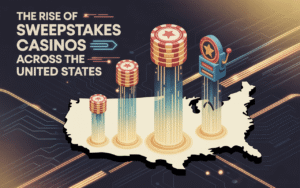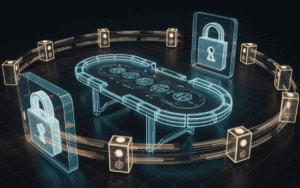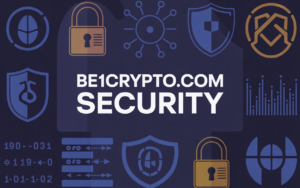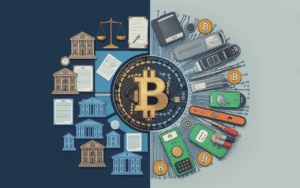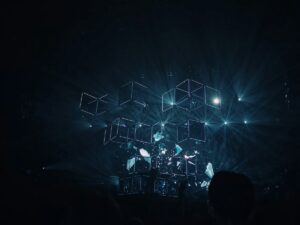The concept of ownership is being rewritten. For decades, the internet operated on a model of access rather than possession: we rent, subscribe or stream, but rarely own anything outright. Web3 — the next evolution of the internet — is changing that dynamic by putting control back in users’ hands. It’s a shift driven by blockchain, decentralisation and a growing demand for digital autonomy. In this new landscape, ownership is no longer about possession; it’s about participation.
From Consumers to Stakeholders
Web2, the version of the internet most of us use daily, made information free but data expensive. Users gained convenience but lost control. Platforms owned the infrastructure and in exchange for free access, we surrendered privacy and profit. Web3 flips that relationship by creating systems where users hold equity in the ecosystems they support.
This shift is built on three foundational ideas:
- Tokenisation: Every asset, from art to identity, can be represented digitally on the blockchain.
- Decentralisation: Data and decision-making move away from corporate control and into community hands.
- Interoperability: Digital items, currencies and credentials can move freely across platforms without middlemen.
These principles turn passive users into active stakeholders. Participation becomes investment and ownership becomes transparent, programmable and traceable.
Digital Possession, Redefined
To understand Web3 ownership, consider how value now travels across digital ecosystems. Instead of holding assets in one location, users control them through cryptographic wallets. NFTs (non-fungible tokens) and smart contracts act as verifiable certificates of authenticity, ensuring no central authority can erase or restrict access.
That model applies to more than art or collectibles. It’s expanding into finance, entertainment and even online gaming. Platforms like the best crypto casino embody this transformation by blending blockchain transparency with user autonomy. Players can deposit, withdraw and verify transactions instantly — without banks, credit cards or third-party oversight.
This isn’t just a trend; it’s an infrastructure revolution. The benefits of decentralised ownership are reshaping how digital economies function:
- Control: Users retain custody of their data and assets. No central platform can seize or freeze holdings.
- Transparency: Every transaction is recorded on a public ledger, ensuring fairness and accountability.
- Efficiency: Blockchain automates processes that once required slow, manual verification.
- Interoperability: Assets work across systems, allowing digital identities and currencies to move seamlessly.
The more transparent the system, the greater the trust — and trust is the foundation of digital ownership.
The Rise of Participatory Economies
The social side of Web3 is as revolutionary as the technology itself. Communities are no longer just audiences; they are shareholders. Projects are launched and governed through decentralised autonomous organisations (DAOs), where participants vote on strategy and distribution of profits. This democratisation of decision-making blurs the line between customer and creator.
Businesses adopting this model can learn key lessons about long-term engagement:
- Shared value creates loyalty. When users have a stake, they become invested in outcomes.
- Transparency drives participation. Open governance encourages contribution and accountability.
- Flexibility fosters innovation. Decentralised systems adapt faster because change doesn’t require top-down approval.
For entrepreneurs, this means rethinking metrics of success. Instead of user acquisition, the focus shifts to community growth and contribution. Engagement becomes a form of equity — a measurable, tradable asset.
The Future of Ownership
The implications of Web3 extend far beyond cryptocurrency. Digital identity, reputation and intellectual property are all being reimagined through blockchain. Soon, users might own their search histories, control their social media archives or rent access to their data directly to advertisers. The creator economy will no longer rely on platforms for exposure or payment; ownership of content will be coded into its existence.
Some predictions for how Web3 will redefine ownership further include:
- Cross-platform identity: One verified digital identity for all online spaces.
- Fractional asset ownership: Communities investing collectively in digital or physical properties.
- Autonomous licensing: Smart contracts automating royalties and usage rights.
- Data monetisation: Users profiting directly from sharing anonymised personal information.
The Web3 movement is about reclaiming control — not just financially, but philosophically. It asks a simple question: if we build the digital world, shouldn’t we own part of it?
True ownership in the digital age isn’t about holding onto things; it’s about shaping systems that can’t exist without you. Web3 is giving people that power. The internet is no longer just something we use — it’s something we co-own.

